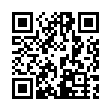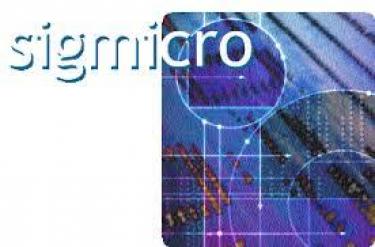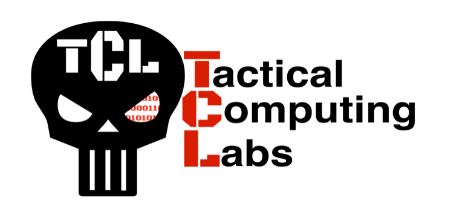18th ACM International Conference on Computing Frontiers (CF'21)May 11-13, 2021 - Virtual Conferencewww.computingfrontiers.org 
|
|
Get our official conference app For Blackberry or Windows Phone, Click here For feature details, visit Whova Key Dates Full PapersAbstract Submission Deadline
January 28, 2021 (AoE)
Paper Submission Deadline
February 4, 2021 (AoE)
Author Notification
March 19, 2021
Final Papers Due
March 25, 2021
Previous Conferences
General Co-Chairs Maurizio Palesi Program Co-ChairsGeorgios I. Goumas For more information, visit the website at www.computingfrontiers.org 
Call For PapersThe next ACM International Conference on Computing Frontiers will take place on May 11th - 13th, 2021. Due to the current state of the pandemic and the uncertainty of how it will evolve in the coming months, Computing Frontiers 2021 will be held as a virtual conference instead of a face-to-face event in the town of Catania, in Sicily (Italy) as it was initially planned. Computing Frontiers is an eclectic, interdisciplinary, collaborative community of researchers who investigate emerging technologies in the broad field of computing: our common goal is to drive the scientific breakthroughs that support society. CF's broad scope is driven by recent technological advances in wide-ranging fields impacting computing, such as novel computing models and paradigms, advancements in hardware, network and systems architecture, cloud computing, novel device physics and materials, new application domains of artificial intelligence, big data analytics, wearables and IoT. The boundaries between the state-of-the-art and revolutionary innovation constitute the advancing frontiers of science, engineering, and information technology — and are the CF community focus. CF provides a venue to share, discuss, and advance broad, forward-thinking, early research on the future of computing and welcomes work on a wide spectrum of computer systems, from embedded and hand-held/wearable devices to supercomputers and datacenters. Topics of InterestWe seek original research contributions at the frontiers of a wide range of topics, including novel computational models and algorithms, new application paradigms, computer architecture (from embedded to HPC systems), computing hardware, memory technologies, networks, storage solutions, compilers, and environments.
We strongly encourage submissions in emerging fields that may not fit into traditional categories — if in doubt, please contact the PC co-chairs by email: Carmen G. Almudever (C.GarciaAlmudever-1 (AT) tudelft [DOT] nl ) and Georgios Goumas (goumas (AT) cslab [DOT] ece [DOT] ntua [DOT] gr). SubmissionWe encourage the submission of both full and short papers containing high-quality research describing original and unpublished work. Papers must be submitted through https://easychair.org/conferences/?conf=cf21. Short papers may be position papers or may describe preliminary or highly speculative work. Full papers are a maximum of eight (8) (excluding references) and short papers are a maximum of four (4) (including references) double-column pages in ACM conference format. Authors may buy up to two (2) extra pages for accepted full papers. Page limits include figures, tables and appendices, but exclude references for full papers. As the review process is double-blind, removal of all identifying information from paper submissions is required (i.e., cite own work in third person). Papers not conforming to the above submission policies on formatting, page limits and the removal of identifying information will be automatically rejected. Authors are strongly advised to submit their papers with the final list of authors, as changes may not be feasible at later stages. No-show policy: Any accepted papers are expected to be presented at the conference and at least one full registration is required from a submission author for each accepted paper. A no-show of papers will result in exclusion from the ACM digital library proceedings. If circumstances arise such that authors are unable to present their papers at the conference, they must contact the PC co-chairs. Submission Format
Stage 1 - Abstract submission: A title, abstract (approx. 100 words), and
a list of all co-authors must be submitted by
Stage 2 - Paper submission: The short or full papers must be submitted by
|
Sponsors





